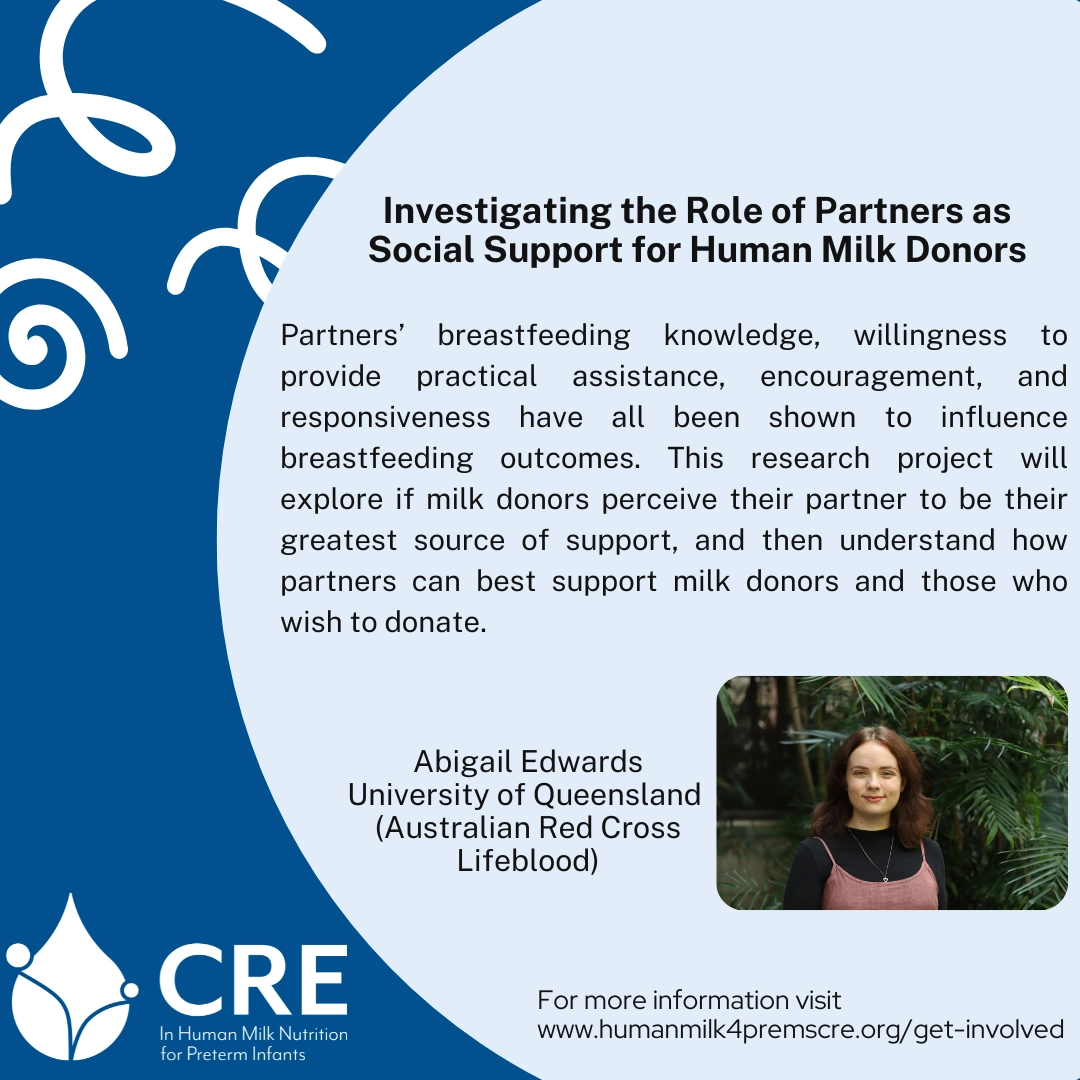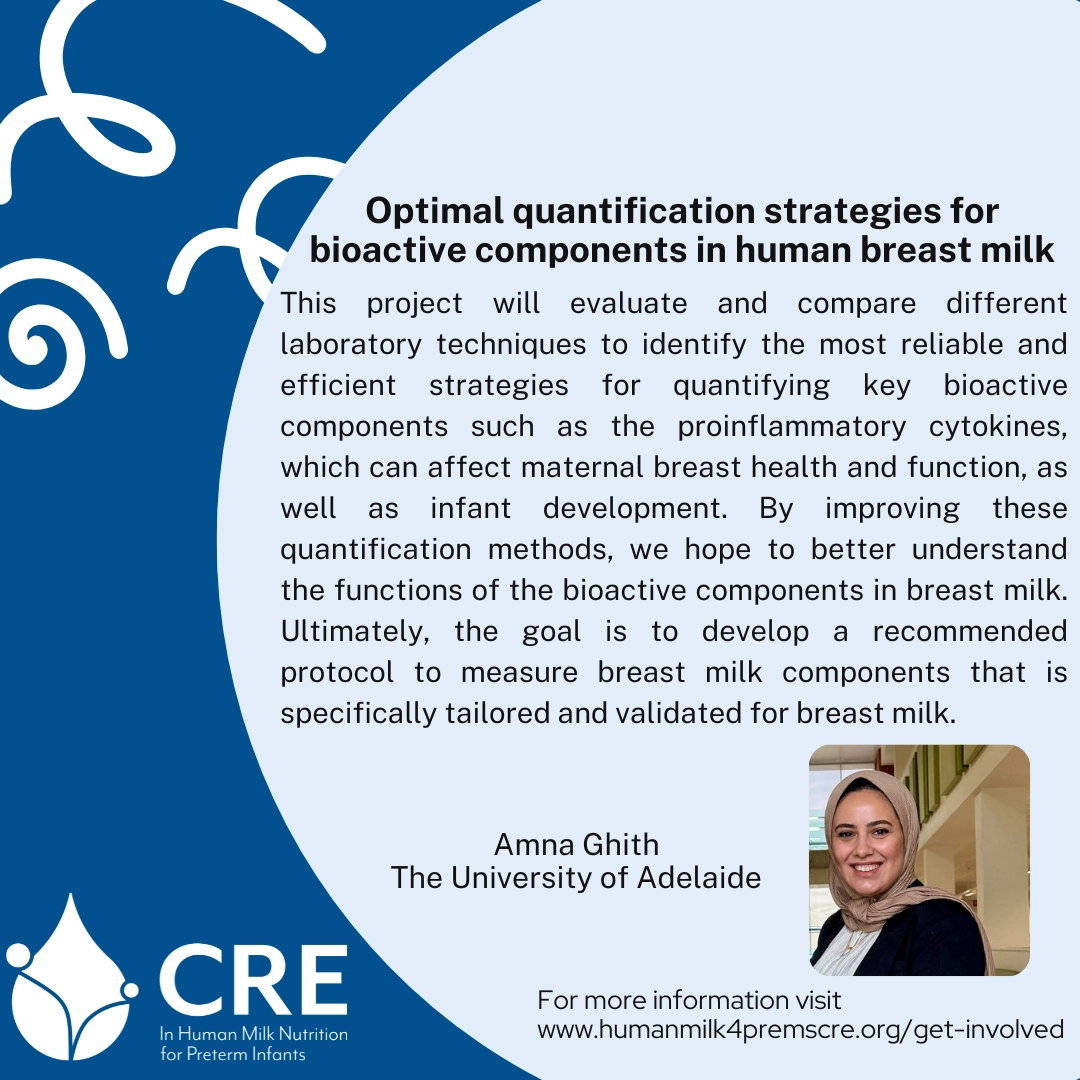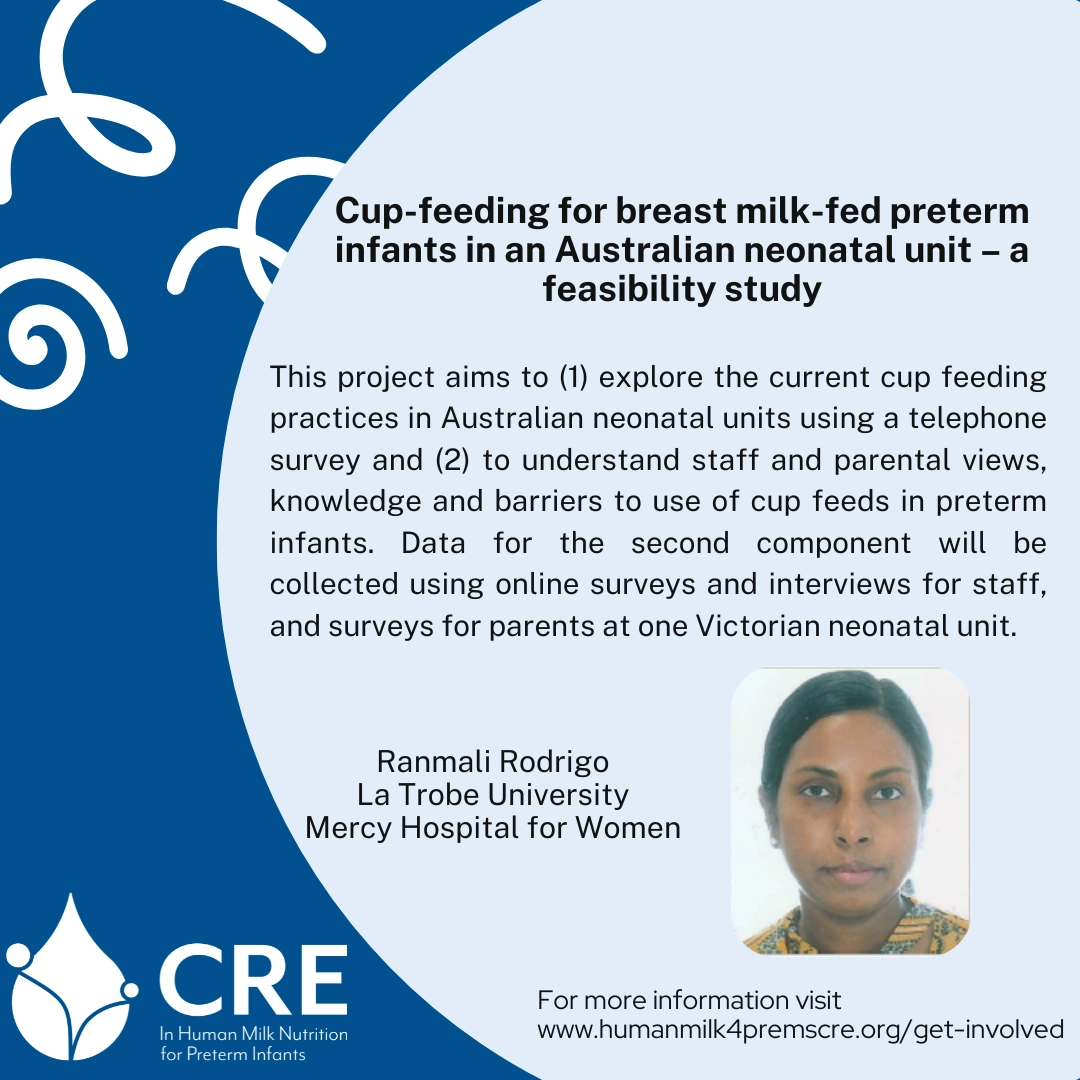Priority 1: Evidence to drive practice change
In Priority 1 we will generate evidence-based recommendations about the optimal maternal milk and donor milk feeding strategies for babies born premature (preterm). Some of the questions our program seeks to answer:
- Are there specific factors associated with better breastfeeding outcomes among babies born very preterm (before 32 weeks of pregnancy) in neonatal units in Australia and New Zealand?
- Is there an amount and/or duration of maternal milk intake which achieves the greatest benefits for reducing the complications of prematurity?
- What impact has the widespread introduction of donor human milk had in Australia on the longer-term health of children born preterm?
- What is the impact of providing donor human milk to more mature preterm babies (born between 32 and 36 weeks of pregnancy)?
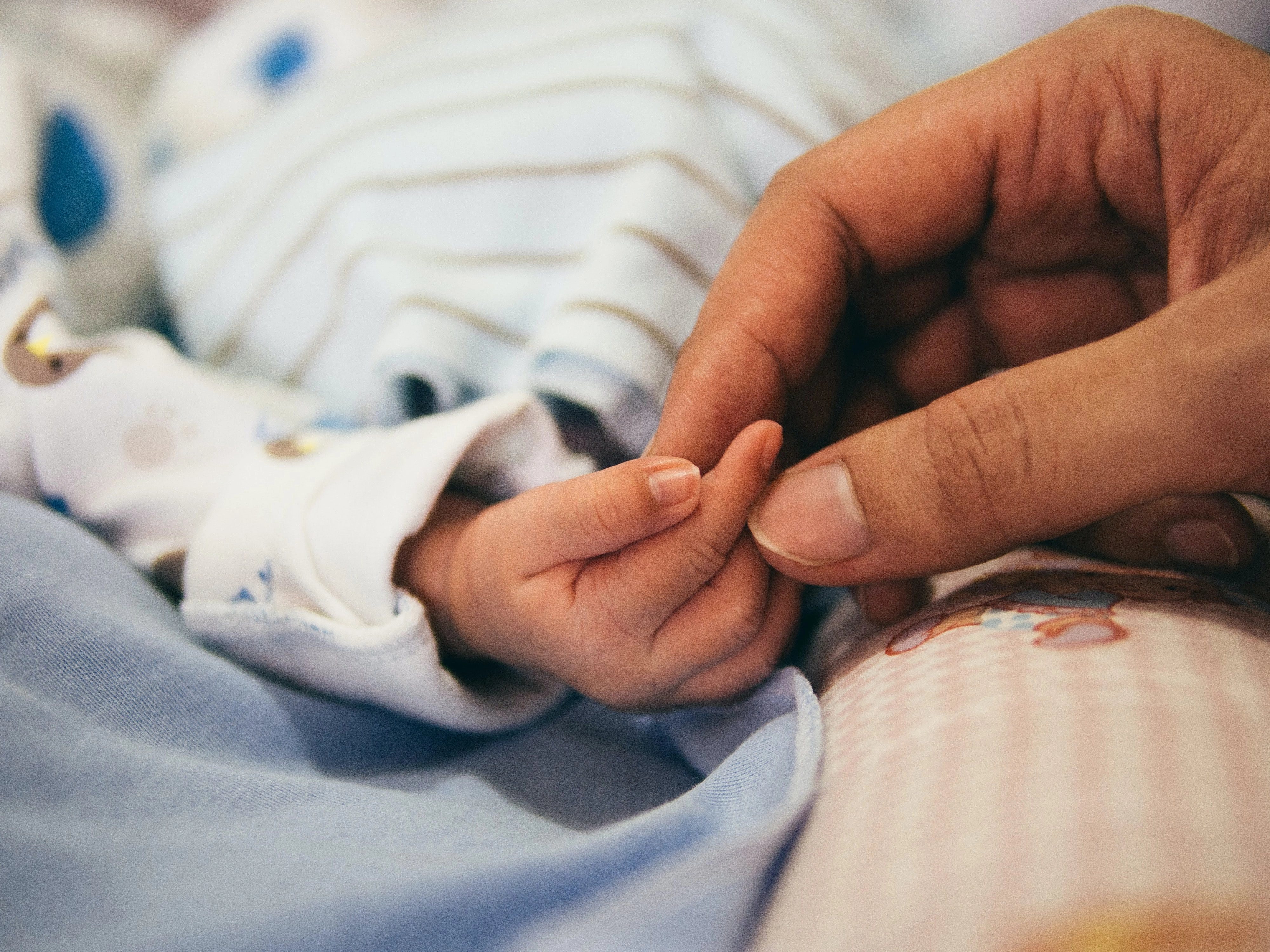
Priority 2: Optimising lactation care for mothers and babies
In Priority 2 we will focus on improving the care that mothers and families receive during the neonatal hospital stay to support breast milk feeding and the transition to direct breastfeeding. To achieve this our team will investigate:
- How can healthcare providers best tailor lactation care specifically to mothers of preterm babies, including care that is relevant to families with diverse backgrounds?
- How can guidance on the use of substances to increase breast milk production (galactagogues) be improved?
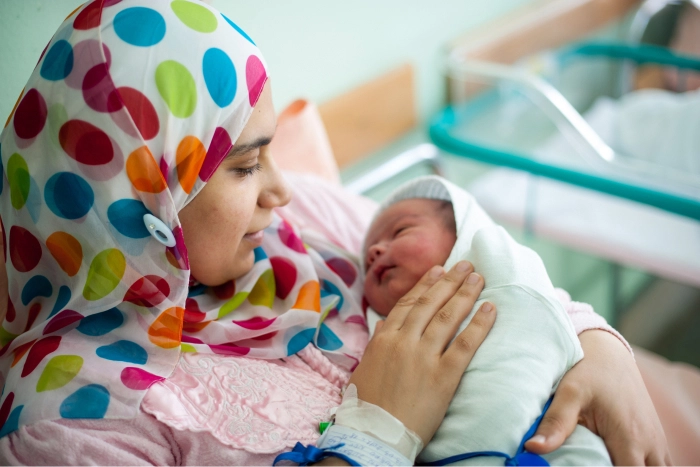

Priority 3: A safe, sustainable supply of donor milk
In Priority 3, we will generate evidence to support Australia’s donor milk supply system. To achieve this, we will answer:
- What individual and health system-level barriers to milk donation exist, and how can these barriers be overcome to support mothers who wish to donate?
- In Australia, are healthcare professionals and women aware of the circumstances of when milk can be donated and how to donate milk?
- What is the best way to systematically collect information about the safety of donor human milk?
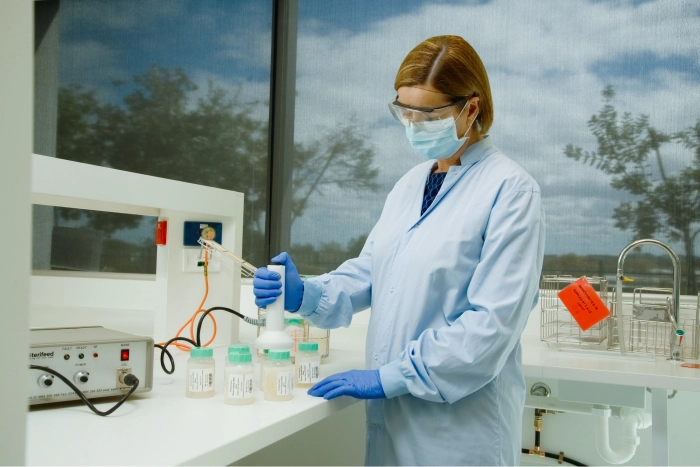
Priority 4: Lacto-engineering to enhance the benefits of human milk
In Priority 4 we will generate new knowledge on the functions of human milk components and test interventions to make human milk feeding even more effective for improving the outcomes of prematurity. Our program will answer questions including:
- What are the functional roles of the bioactive components of human milk (beyond macronutrients) in breast milk production and infant health outcomes?
- How can we improve guidelines about optimising the intake of breast milk fatty acids in babies born preterm?

Seed Grant Funding Projects
Projects commencing in 2025:
